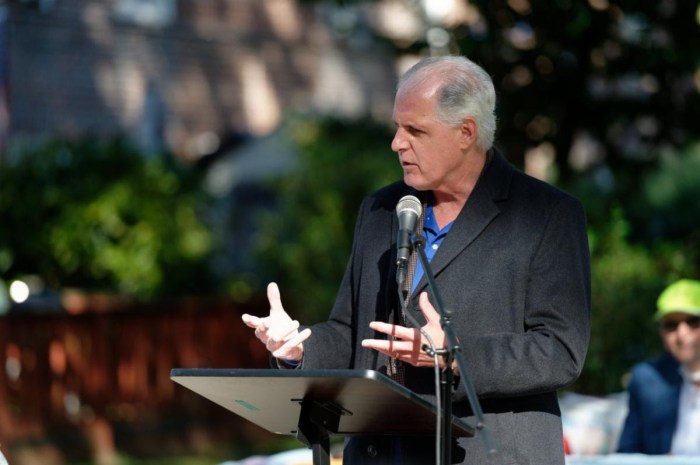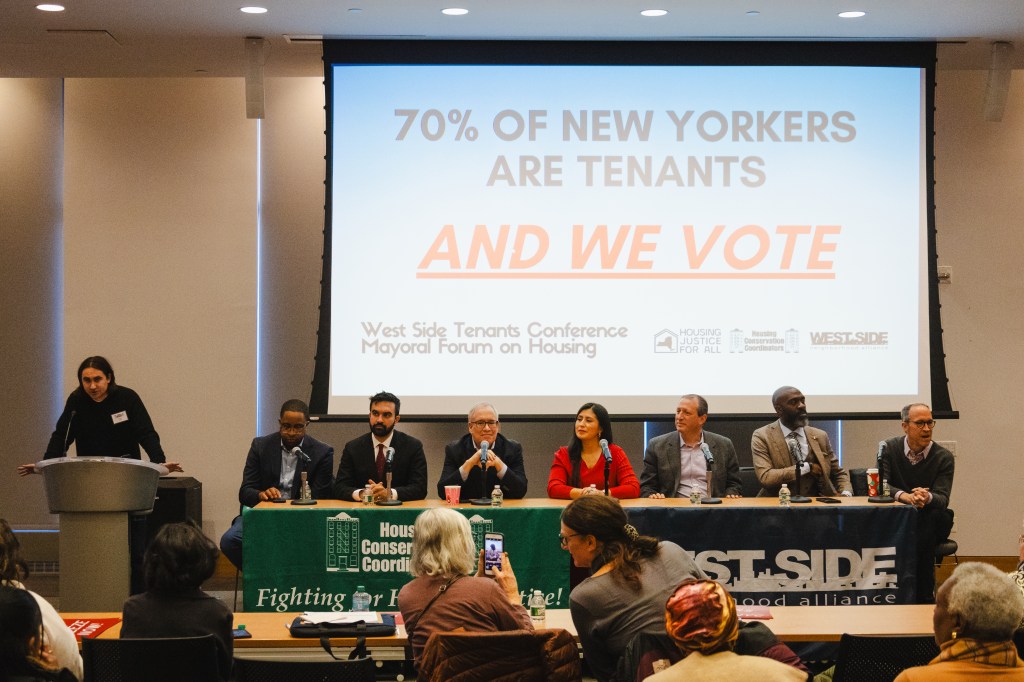By Bill Parry
Wars, persecution and global warming have forced more than 60 million people to flee their homes and seek refuge in other countries—more than at anytime since 1949, when the U.N. High Commissioner for Refugees began keeping records.
Globally, one in every 10 humans is now either a refugee, internally displaced or seeking asylum.
“The crisis is getting worse and worse in the world,” Astoria resident Maria Blacque-Belair said. “The silver lining is that more people are paying attention to this dire crisis now.”
Blacque-Belair spent a decade working in war zones and humanitarian disasters around the globe as a consultant for Doctors Without Borders before she decided to specialize in war trauma and went to NYU to study social work. She then joined Safe Horizon, a community-based organization in Jackson Heights, in a program called Solace for survivors of torture.
“While I was there, I realized that there were a lot of asylum seekers coming to the country, and to New York especially, but there was no sort of entry point for them,” Blacque-Belair said.
So she started the Refugee and Immigrant Fund in the summer of 2006 in the garage of her own home on 37th Street in Astoria. The non-profit organization began as an asylum orientation center, where she gave clients individual orientations and information about the asylum process and provided pro bono lawyers and forensic psychological evaluations for the immigration court as well as psychological counseling.
“Our mission is to break through the bureaucratic barriers to support and provide an accessible road map to asylum and life in New York,” RIF Program Manager Ellie Alter said. One successful program Blacque-Belair created is called the Urban Farm Project at the Brooklyn Grange, the world’s largest rooftop soil farm atop the Standard Motor Parts building in Long Island City. Each season 10 to 15 asylum seekers take part in a paid fellowship in urban agriculture, learning as they farm.
“The idea at the beginning was really to have RIF’s clients go there for mostly therapeutic purposes,” Blacque-Belair said. “To have an outdoor space, a friendly space, a way to be productive and think about something other than the stress of the asylum process, which is horrible.”
Alter sees them change over time.
“Day after day of farming, good conversation, peace of mind, it all provides psychological healing,” she said. “By the end of the season, it feels like family.
The clients learn farming and other job skills as they become more fluent in English. Many find employment from connections made at the Brooklyn Grange.
“We take comfort in making a difference one person at a time,” Blacque-Belair said.
Reach reporter Bill Parry by e-mail at bparr



































